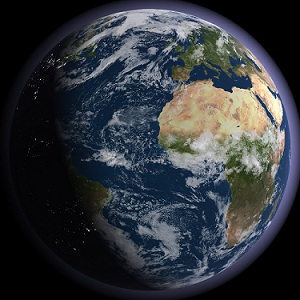
I found the following article on the innovative potential of Tunisia both interesting and somewhat disheartening. In it, the author, economics researcher, Montasser Ghachem, analyzes Tunisia for its ability to innovate, saying, “Our culture still suffers from flaws that substantially impede our progress and squander valuable human resources.”
Taking the view that creativity is our natural state, it makes me sad to see how some people, especially certain members of traditional societies, see their people lagging behind the Western world. I do believe that the advanced infrastructure of the developed world allows us to innovate better. But there is infinite creative potential in all humans, and I would have liked to have seen that reflected in the article.
This is a good read for an alternative perspective on what others are going through, and how creativity and innovation is viewed in other cultures. Without a doubt, economic prosperity is important; and how can such growth be achieved while igniting the creative fires of all the individuals involved? In response to these questions, the article reads:
The Tunisian Revolution was a golden opportunity for us, Tunisians, to reflect on our society and ask ourselves: Are we doing everything we can to be an innovative society? Are we properly using our human resources to drive social and economic prosperity? Unfortunately the answer to these questions is no! Our culture still suffers from flaws that substantially impede our progress and squander valuable human resources.
We do not value precision: Precisely defined concepts substantially aid efficient and fast human interaction, which in turn drives economic and social prosperity and the creation of knowledge. In Tunisia, most of the concepts we use are foggy, ill-defined and lack consensus. Ask people in the street about the definition of Islam, science, love, respect or freedom; the chances of receiving two similar answers are very low. This imprecision creates stalemates in debates, impedes the communication of experiences and knowledge, slows down economic transactions and amplifies social and political disagreements.”
Go here for Montasser Ghachem’s full article, “Tunisia: Working Towards an Innovation Society”.